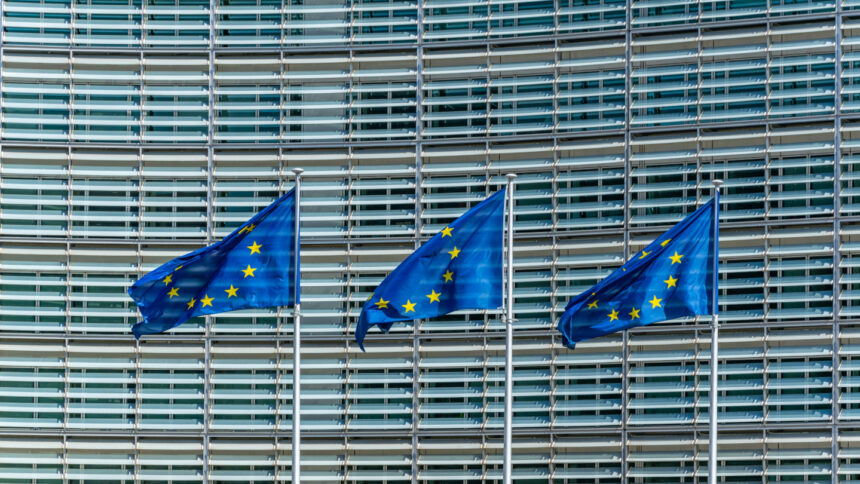The European Union is facing pressure from Germany, Italy, and the Czech Republic to reconsider imposing financial penalties on car manufacturers who fail to meet emissions targets starting in 2025. German Chancellor Olaf Scholz emphasized that imposing fines on the industry would hinder investment in electric vehicles (EVs) and ultimately impact consumers. He supported the initiative by European Commission president Ursula von der Leyen to engage in a dialogue with the auto sector to find alternative solutions.
Italy and the Czech Republic also joined in calling for the elimination of fines for missing CO2 targets. The automotive industry could potentially face penalties amounting to €15bn ($15.62bn) for non-compliance, with Volkswagen being one of the most affected companies. Concerns have been raised about possible plant closures and job losses due to challenges such as low demand, competition from China, and slow EV sales.
France has also voiced its opposition to the fines, proposing to maintain CO2 targets while finding ways to avoid penalties. The EU’s 2025 targets require car manufacturers to meet a CO2 limit across their fleets, and a decline in EV sales could result in missed goals. While some countries have requested a review of the EU’s CO2 reduction policies, others, like Sweden, support enforcing fines.
Overall, the debate around CO2 fines for car manufacturers reflects the complex dynamics of the automotive industry as it navigates the transition towards sustainable mobility. The EU faces the challenge of balancing environmental goals with the economic interests of key stakeholders in the auto sector. Stay tuned for updates on how the EU addresses this issue in the coming months.







